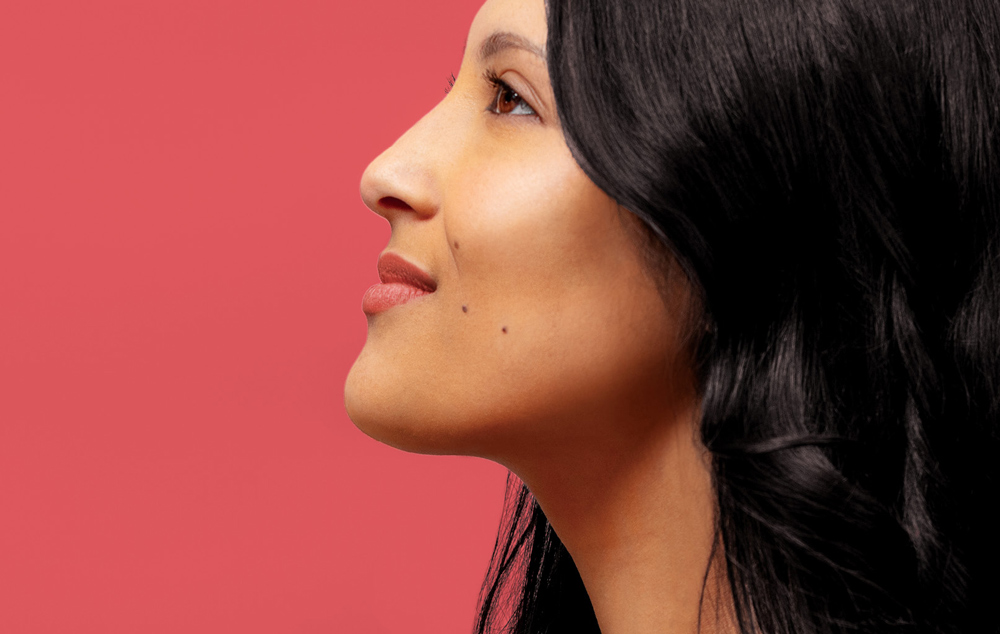
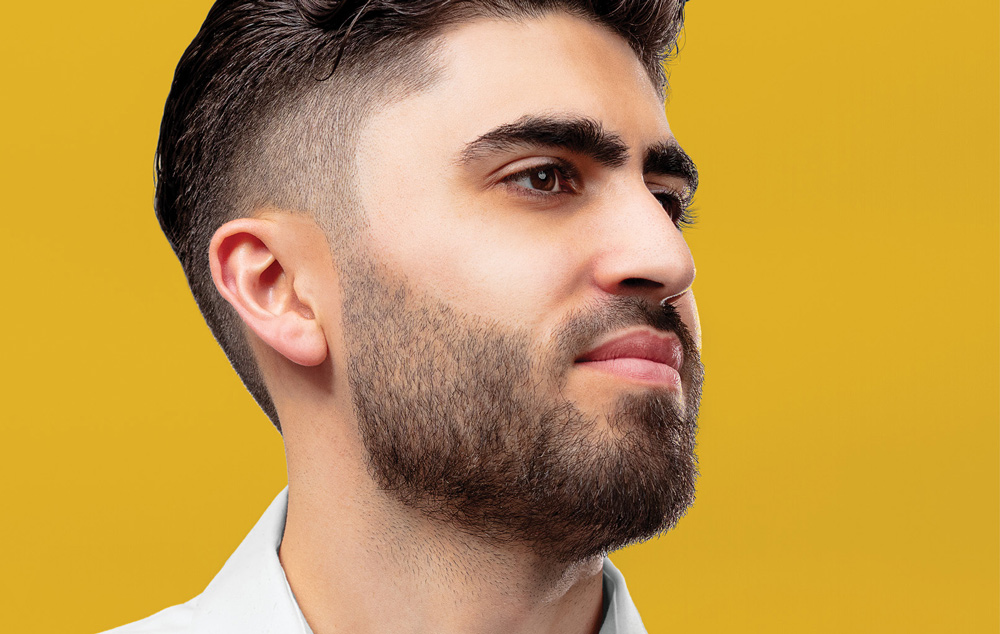
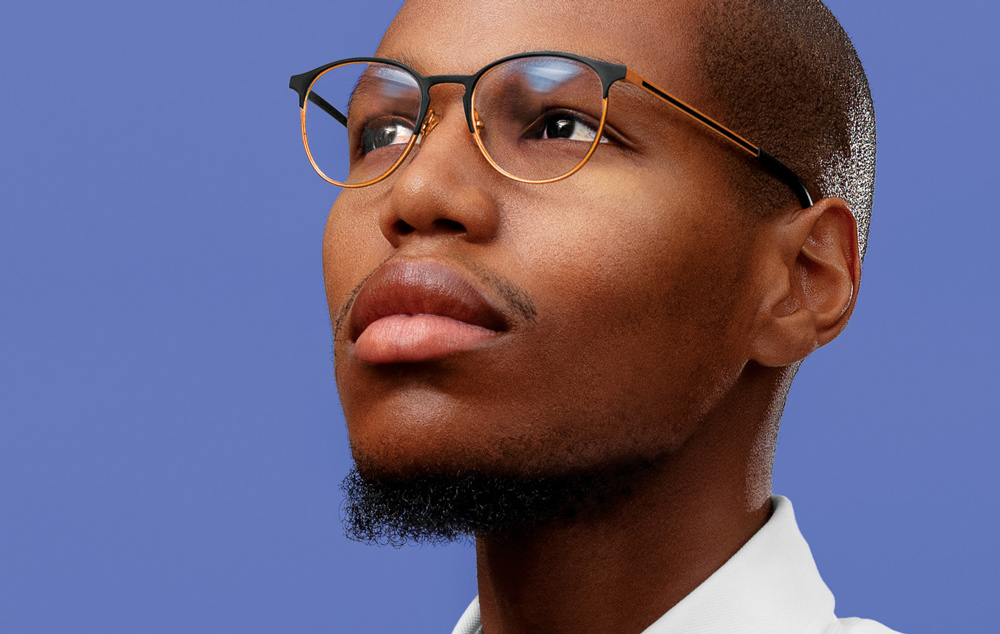

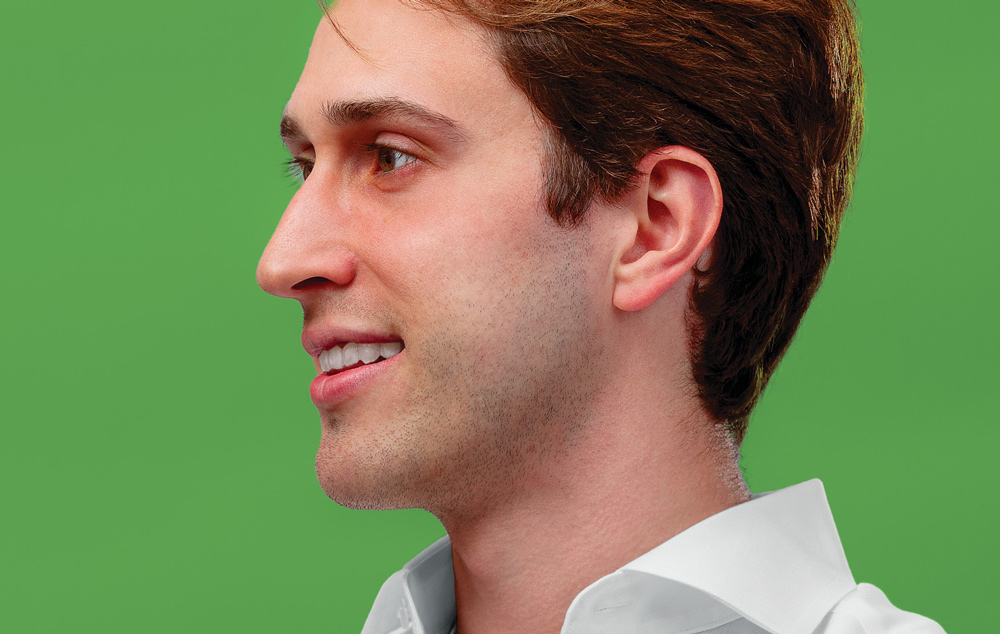
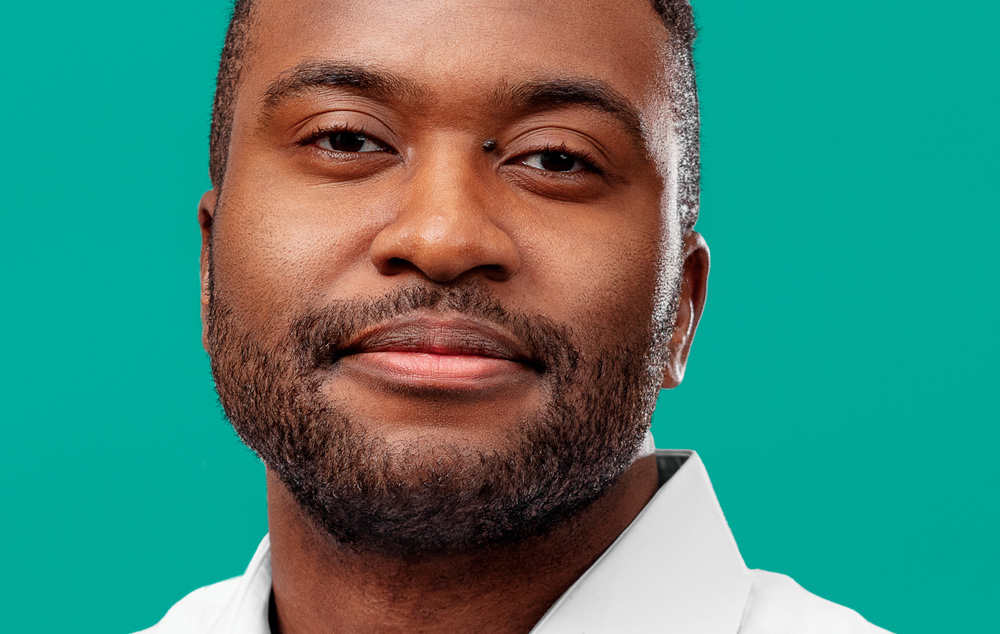
The Thriving & Dynamic Student Life at Penn Carey Law

t Penn Carey Law, the culture of collegiality extends far beyond academics. Students commit themselves to three years of demanding and difficult classwork, arriving with a natural appetite for community-centered learning and nurturing deep social networks. With a vibrant, diverse population of over 800 JD students, roughly 100 LLMs, and over 100 MLs, the Law School is home to 7 student-run academic journals, 30 pro bono organizations, and 70 other student clubs. From the Jessup International Law Moot Court Team, which participates in the largest moot court competition in the world, to the Baking Club, which relieves students’ stress with fresh baked goods, everyone can find an outlet for their extracurricular interests here.
The ratio of students to organizations at Penn Carey Law is unusually high for a professional school with about 1,000 students and around 100 active clubs. In the last two decades, the Law School has maintained a steady student body size while the number of student groups has grown by at least 60.
Penn Carey Law takes an open approach to student organizational life. To start a new club, students submit a strong mission statement, list of club leaders, and 12 supporting signatures to establish a club and receive start-up funding.
According to the Director for Student Engagement Dimitri Islam, Penn Carey Law is unusually student-centered in its approach to the community experience. Islam highlighted a few central factors that contribute to our shared value of community learning: the livable aspect of Philadelphia, the ample mental health support and wellness programming offered at the Law School, and the students themselves, many of whom seek out Penn not only for its world-class education but also for innumerable opportunities in public interest law.
When 1Ls arrive on campus, they are encouraged to be curious, multifaceted individuals in addition to high-performing scholars. Extracurricular avenues exist for everyone: athletes, musicians, comedians, environmentalists, as well as those who want to dive deeper into religion, connect with their culture, or explore specific legal topics. By diversifying their interests outside the classroom, Penn students become even more dynamic thinkers within the academic space.
Here, we place the spotlight on six student leaders who found a home at Penn during their time here. Throughout their experience, they have also devoted their free time to supporting newer students on their journeys through law school.
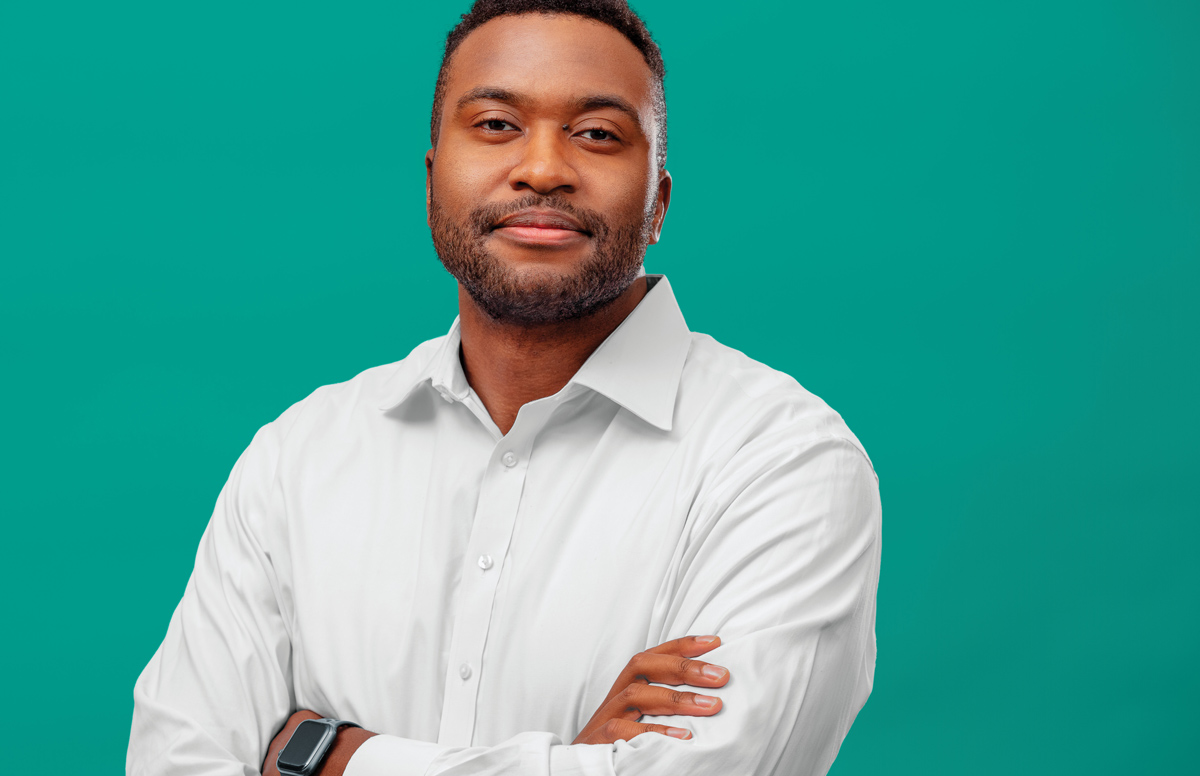
Jared Turner L’25
LSA is a community of Black law students on campus who organize several citywide initiatives over the course of the academic year, including the Sadie T.M. Alexander Conference, a pro bono program called Project PEACE, and pre-law mentorship for Philadelphia area college students. Turner believes student life is an essential part of the experience in Law School, and by cultivating deep social networks with one another, students will be better prepared to navigate the legal profession after graduation.
He reflected on Penn’s unique culture of collegiality. “I think that cultivating an inclusive community is tantamount to the success of a law school, and any organization for that matter. Student groups and a vibrant social community help create a welcoming environment. Law school is inherently a difficult time in most people’s lives, and creating a collegial community where students can rely upon each other can help alleviate that difficulty.”
In what ways do you think Penn Carey Law stands out as a campus where student life thrives?
My favorite part of my 1L year was stepping out of my comfort zone and attending a number of different lunch talks. Student groups bring a plethora of opinionated speakers to campus to talk. Different student groups will sponsor these events, but they are open to the whole Law School. I loved the opportunity to learn about a number of things that wouldn’t normally cross my mind in the legal sense without these speakers.
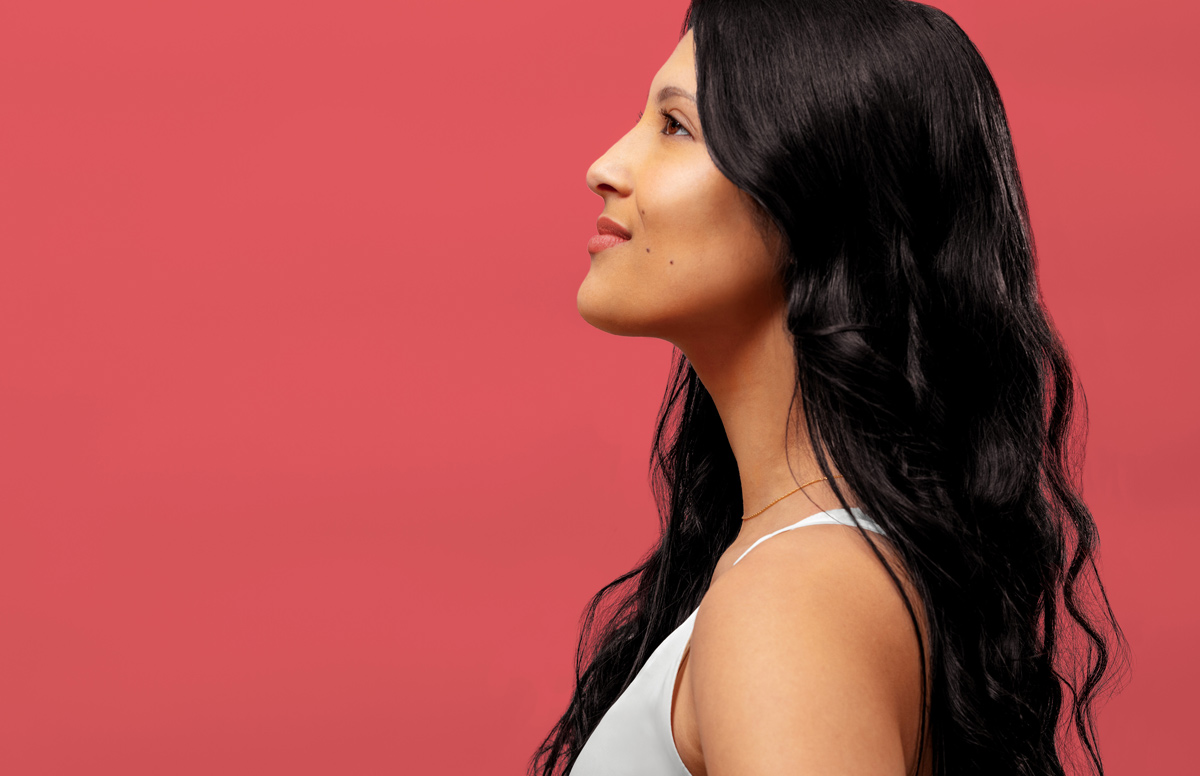
Kia Del Solar L’25
ia Del Solar explained that the International Law Society “aims to connect students with legal contacts, facilitating their journey into the field of international law and informing them about career opportunities. Ultimately, I hope to push the International Law Society to new levels and make a difference in my peers’ law school and professional careers.” Originally from Lima, Peru, Del Solar L’25 is interested in the study of Latin American legal systems. She emphasized the importance of building both a social and professional support network during law school and that joining a student group can be a great way of finding that. “International law is not heavily covered in law school curriculums, at least not as much as other practice areas, and navigating international jobs can certainly be daunting, so I am happy to lead the International Law Society,” she said.
Why would you encourage an incoming 1L to get involved in student life?

Veda Bhadharla L’24
he Journal of Constitutional Law (JCL) is the only Ivy League publication that exclusively concentrates on constitutional law issues. It is also one of only ten non-law review publications ranked in the top 60 for the most citations and impact. The magazine publishes six issues a year; the upcoming issue will feature articles on climate change and immigration.
An esteemed body of scholars and jurists have published in the JCL, including the Honorable Sandra Day O’Connor, the Honorable Guido Calabresi, Lawrence Tribe, and Lawrence Lessig, the Roy L. Furman Professor of Law and Leadership at Harvard Law School. The JCL also organizes an annual symposium, with its most recent edition held on January 20, 2024; presenters discussed whether there is a constitutional right to environmental protections.
Veda Bhadharla, who served as an Associate Editor last year, said she thought it would be interesting to work on the publication with the recent changes in the composition of the Supreme Court. Her plan was to work on the JCL for one year, but she had such a great time engaging with the scholarship and the journal community that she decided to apply for a board position and stay on as Managing Editor.
What have you learned from working with other students on the production of the JCL?
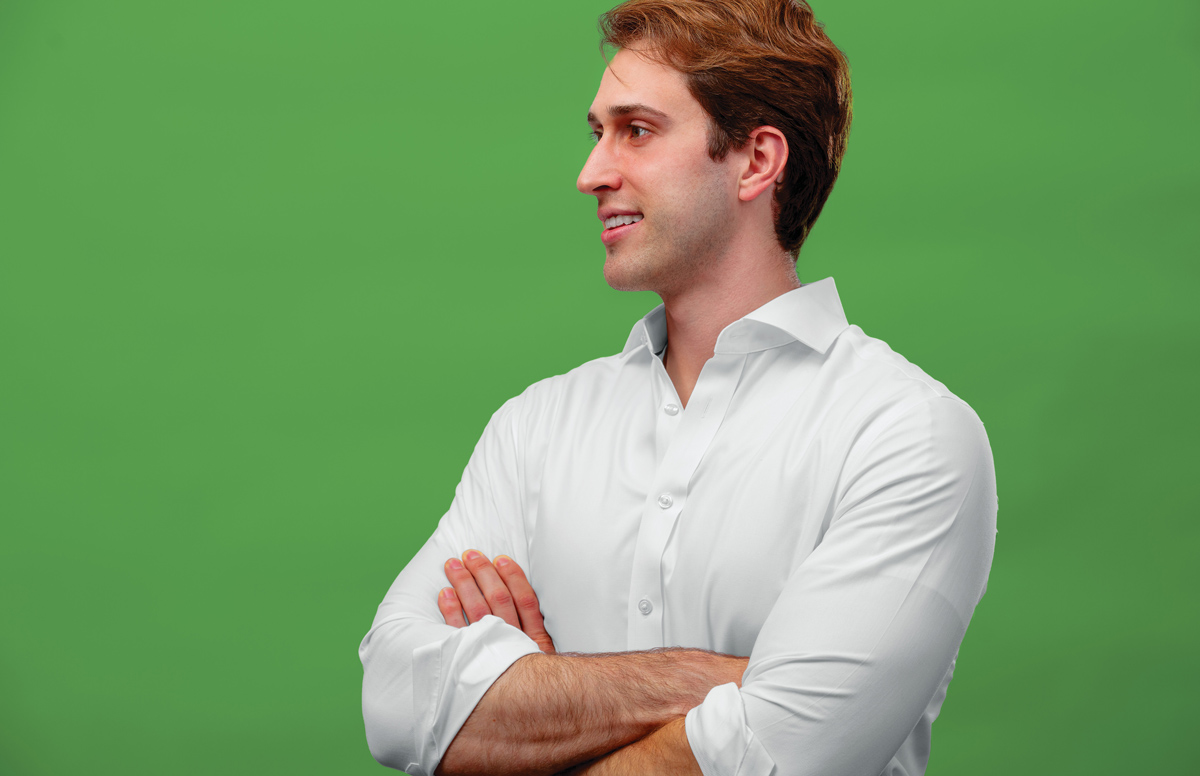
Zachary Gluckow L’24
he Federalist Society is an organization of conservative, libertarian, and moderate law students interested in fostering community-wide discussions about the state of the modern legal order. The student group focuses on sparking intellectual debates with weekly speaking events featuring Penn Carey Law professors, judges from around the nation, and prominent legal advocates.
According to Gluckow, these discussions do not aim to push a political point of view but rather to encourage lively academic conversation across a campus with diverse ideologies.
What are some of your favorite events that the Federalist Society has hosted over the last year?
Besides our events, I am proud that we mentor each new year of members. Our upper-level students devote a lot of time to helping 1Ls figure out how to do law school, and seeing the 1Ls succeed last year was a major highlight for me.
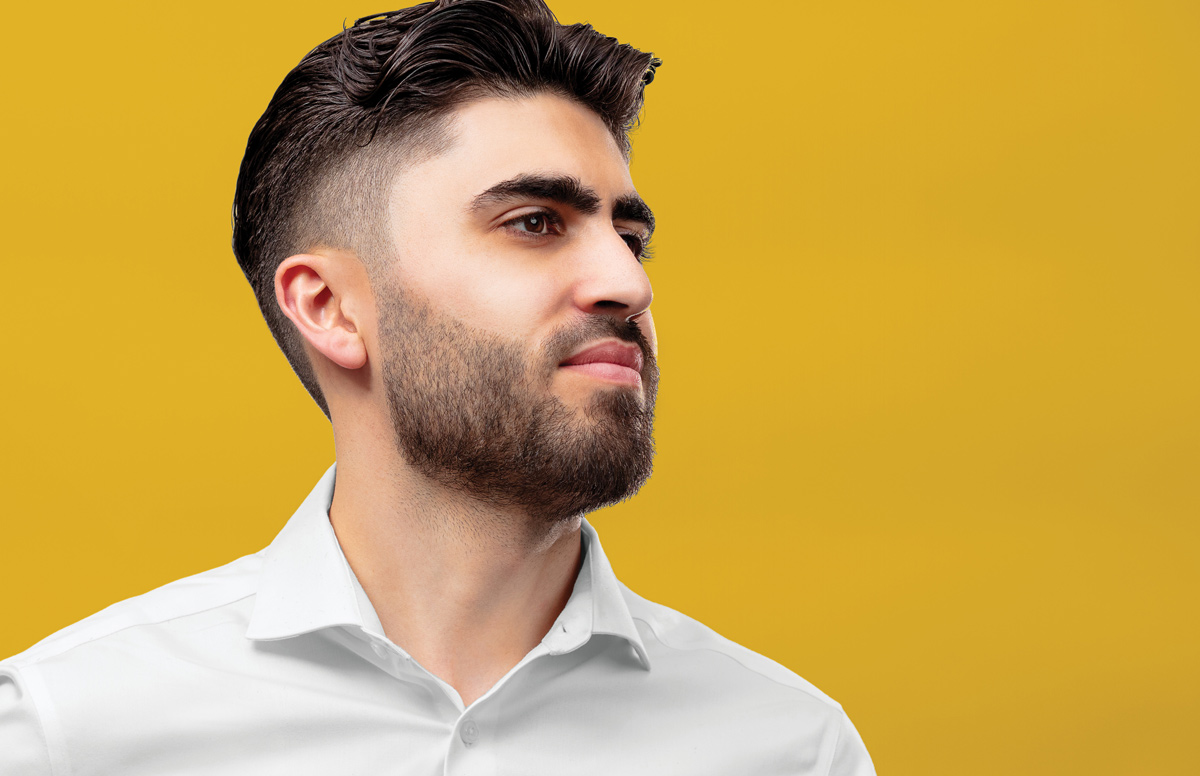
Darius Iraj L’24
he Christian Legal Society group is a nondenominational, grassroots network of lawyers, law professors, and law students throughout the country. Their mission is “to integrate our Christian faith into our current studies and future endeavors as legal professionals. CLS is committed to providing law students with a means of society, fellowship, and discipleship and a forum for discussion of problems and opportunities related to Christianity and the law.”
What has been the most rewarding part of running a student group here at Penn Carey Law?
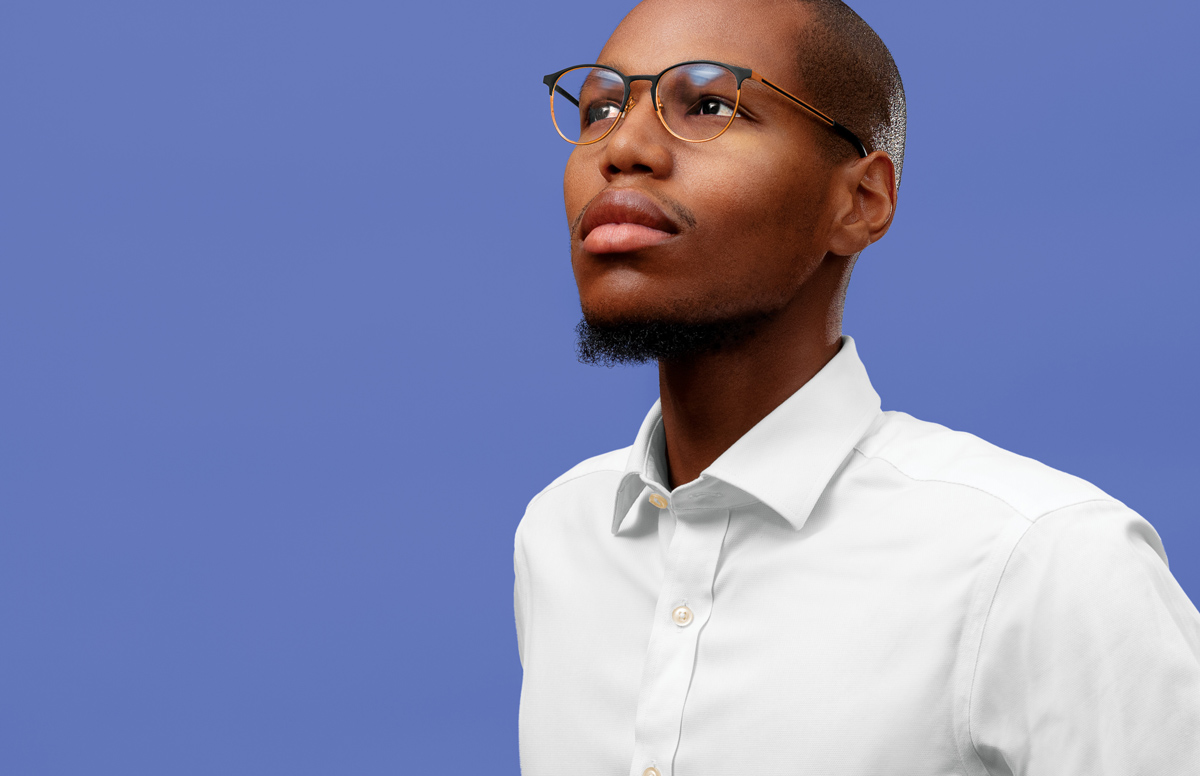
Olwethuthando Banele Ndlovu LLM’24
n international student from KwaZulu-Natal, South Africa, Olwethuthando Banele Ndlovu came to the LLM program looking forward to its uniquely cross-disciplinary coursework and global community of scholars. “Being a part of the LLM program as an international student has provided me with the opportunity to engage and connect with legal intellects from more than 30 countries. Therefore, the LLM program is a compelling opportunity to enhance my expertise with a cross-disciplinary education with a globally inclusive perspective,” he said.
Why do you feel that it’s important to foster a vibrant social community outside of the classroom in higher education?
In addition, we must develop an acute awareness and meaningful appreciation for the interconnectedness that binds all human beings. We must consider the foregoing in tandem with the fact that our experiences are molded not solely within the classroom but, with regularity, outside its confines.